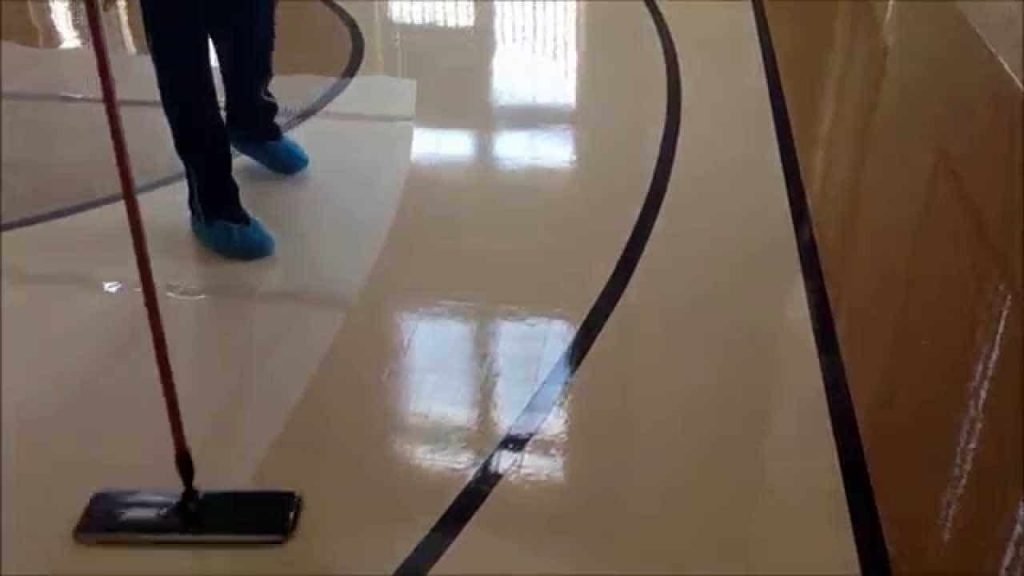Waxing and Polishing Guide by Maidsway
Wax is employed to safeguard and preserve the beauty of hardwood floors. Opt for water-based finishes that are the right kind of wax for your floor and its finish. Adhere to the instructions provided by the wood manufacturer and on the finish label to ensure your floor is protected without it becoming hazardously slippery. To prevent any mishaps, place nonskid rug pads beneath all rugs and runners. Below, you can educate yourself about the various types of floor wax.
Solid Paste Wax
Choose old-fashioned wax in a can for unvarnished hardwood floors, true linoleum, unfinished cork, and concrete. Do NOT use paste wax on no-wax floors, vinyl, or urethane-finished floors. Apply by hand for a long-lasting shine. Here’s how.
- Moisten a soft lint-free cotton cloth (such as an old T-shirt) and wring it almost dry to prevent the cloth from absorbing too much wax.
- Apply the wax lightly and evenly (per package instructions), working it into the surface.
- If you prefer soft wax, use the liquid equivalent of paste wax.
- As the waxed surface dries, it will appear cloudy. Buff to a shine with a clean towel, an electric polisher, or a terry cloth-covered sponge mop.
Liquid Wax or Oil
Use liquid wax or oil on unvarnished hardwood, linoleum, or unfinished cork. Follow label instructions. It is easier to apply than paste wax, but the finish doesn’t last as long. Do NOT use on no-wax floors, vinyl, or urethane-finished floors. Dampen a soft lint-free cloth, a mop, or the pad of an electric floor polisher to prevent the wax from soaking in. Apply polish evenly and lightly. As it dries, the solvent evaporates, leaving the polish. When dry, buff the floor with a clean towel, an electric polisher, or a sponge mop covered with a terry cloth towel.
Water-Base Silicone Polishes
Water-base silicone polishes can be used on all floors EXCEPT unsealed wood, cork, or linoleum. This is the only type of polish suitable for urethane-finished surfaces. Apply these long-lasting polishes in several thin coats rather than one heavy coat, which is difficult to dry.
To apply, dampen a clean mop head. Pour the polish onto the mop and pour some of the polish directly on the floor. Spread the polish evenly to avoid bubbles in the liquid. Allow the polish to dry, and buff the floor with a clean towel, an electric polisher, or a terry cloth-covered sponge mop.
Apply second and third coats to high-traffic areas, buffing after each coat dries. Avoid spattering polish onto baseboards or walls because it stains paint and wallcoverings.
Check out more in Maidsway Cleaning Services Blogs.
.png)
